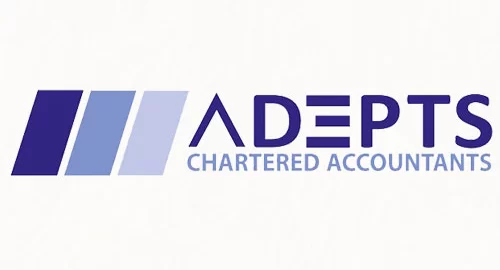- home
- blogs
Guide to Detection of Errors and Frauds in Auditing
Do you know about the purpose of auditing?
Auditing is important for checking an organization’s financial information for reliability and accuracy. This includes looking at financial records, transactions, and how they manage their cash flows and making sure that there are no errors in the audit report while auditing. It is the best way to identify errors in financial records, helping to build trust and provide a more accurate financial report.
Why Auditing is Important for Business?
It is important for businesses as it acts as an organized inspection of financial records, processes, and controls to ensure accuracy, liquidity, and observation of rules and regulations. By conducting regular audits, businesses can find and fix mistakes, fraud, or errors in their financial operations. This helps keep financial information accurate and reliable with investors, creditors, and customers. It provides valuable perception into areas for advancement and permits businesses to increase their internal controls and operational efficiency.
How to Detect Errors and Frauds in Auditing
Verification through Trial Balance:
To detect errors and fraud in auditing, the first step is to check the trial balance. By cross-checking the account books, auditors can identify discrepancies and errors more effectively, ensuring a thorough examination of financial records.
Data Comparison for Accuracy:
Auditors can find mistakes better by looking at data from different accounts and comparing it to the trial balance numbers. This comparative analysis aids in pinpointing inconsistencies and discrepancies, enabling auditors to rectify errors promptly.
Balancing Accounts for Accuracy:
Checking the balance of accounts is essential in error detection. Discrepancies in account balances indicate potential errors that require correction. By verifying and rectifying these discrepancies, auditors ensure the accuracy of the final audit report.
Prior Year Comparison:
Another method to detect errors is by comparing the previous year’s balances with the current year’s opening balances. Discrepancies between these figures can signal errors that need investigation and correction, facilitating a comprehensive audit assessment.
Scrutinizing Primary Books of Account:
Auditors can identify errors by examining the primary books of accounts where companies record transactions. This scrutiny provides insights into potential mistakes, allowing auditors to detect and address errors effectively during the audit process.
Creating a Record of payables and receivables:
As companies often have numerous debtors and creditors, auditors undertake a thorough examination of the trial balance to ensure accuracy and detect potential issues. This multifaceted process involves:
Scrutinizing the List of Debtors and Creditors:
- Auditors meticulously review the list of debtors and creditors
- They verify the amounts owed and due, cross-checking records for discrepancies
- Any inconsistencies or errors detected are promptly addressed to maintain the integrity of the trial balance
Investigating Potential Fraud:
- Auditors remain vigilant in identifying any signs of fraudulent activities
- They leverage their extensive experience and expertise to uncover even the most subtle instances of fraud
- Auditors do a deep check to find and tell about any cheating tricks, making sure the company’s financial records are honest and haven’t been messed with.
Identifying High-Risk Areas:
Auditors know that some parts of the financial records are more likely to have mistakes than others. They pay extra attention to these risky areas, looking very closely for any weird things. If they find a mistake, they investigate it really well, write down what they find, and suggest ways to fix it so it doesn’t happen again.
Why Do We Need Auditors in UAE? ADEPTS Auditors play an important role in ensuring business’s financial health. UAE is a successful global business hub that attracts different companies, and auditors are needed to check their financial records and execution. ADEPTS auditors help to recognize and repair any irregularities and make sure observations are within local and international rules. Their role is important in administering confidence among investors, creditors, and stakeholders by providing an impartial evaluation of a company’s financial health.



